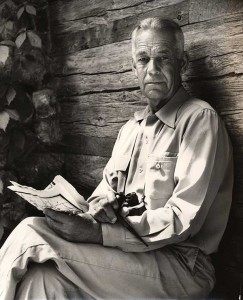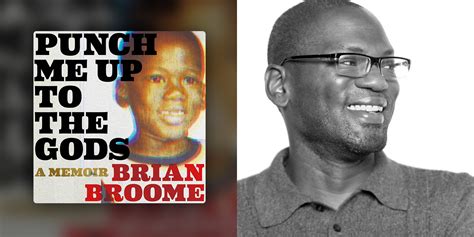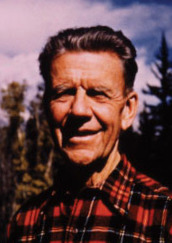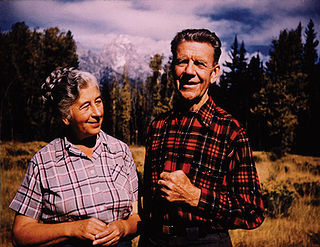A Quote by Bill Mollison
What is proposed herein is that we have no right, nor any ethical justification, for clearing land or using wilderness while we tread over lawns, create erosion, and use land inefficiently. Our responsibility is to put our house in order. Should we do so, there will never be any need to destroy wilderness.
Related Quotes
What the Indians are saying is that they are recognizing the right of wilderness to be wilderness. Wilderness is not an extension of human need or of human justification. It is itself and it is inviolate, itself. This does not mean that, therefore, we become separated from it, because we don't. We stay connected if, once in our lives, we learn exactly what that connection is between our heart, our womb, our mind, and wilderness. And when each of us has her wilderness within her, we can be together in a balanced kind of way. The forever, we have that within us.
I have discovered in a lifetime of traveling in primitive regions, a lifetime of seeing people living in the wilderness and using it, that there is a hard core of wilderness need in everyone, a core that makes its spiritual values a basic human necessity. There is no hiding it....Unless we can preserve places where the endless spiritual needs of man can be fulfilled and nourished, we will destroy our culture and ourselves.
How much wilderness do the wilderness-lovers want? ask those who would mine and dig and cut and dam in such sanctuary spots as these. The answer is easy: Enough so that there will be in the years ahead a little relief, a little quiet, a little relaxation, for any of our increasing millions who need and want it.
Will biofuel usage require land? Absolutely, but we think the ability to use winter cover crops, degraded land, as well as using sources such as organic waste, sewage, and forest waste means that actual land usage will be limited. Just these sources can replace most of our imported oil by 2030 without touching new land.
The reason to preserve wilderness is that we need it. We need wilderness of all kinds, large and small, public and private. Wee need to go now and again into places where our work is disallowed, where our hopes and plans have no standing. We need to come into the presence of the unqualified and mysterious formality of Creation.
In building a path through the self to the far shore of awareness, we have to carefully pick our way through our own wilderness. If we can put our minds into a place of surrender, we will have an easier time feeling the contours of the land. We do not have to break our way through as much as we have to find our way around the major obstacles. We do not have to cure every neurosis, we just have to learn how not to be caught by them.
The Promised Land, for many people, though, is something that's far off in the future. People are saved, but they don't feel victory. They feel like they're in a wilderness and they're wandering. And so this book of Joshua gives us a picture of how we can come out of the wilderness in our own spiritual lives and enter into a season of victory.



































